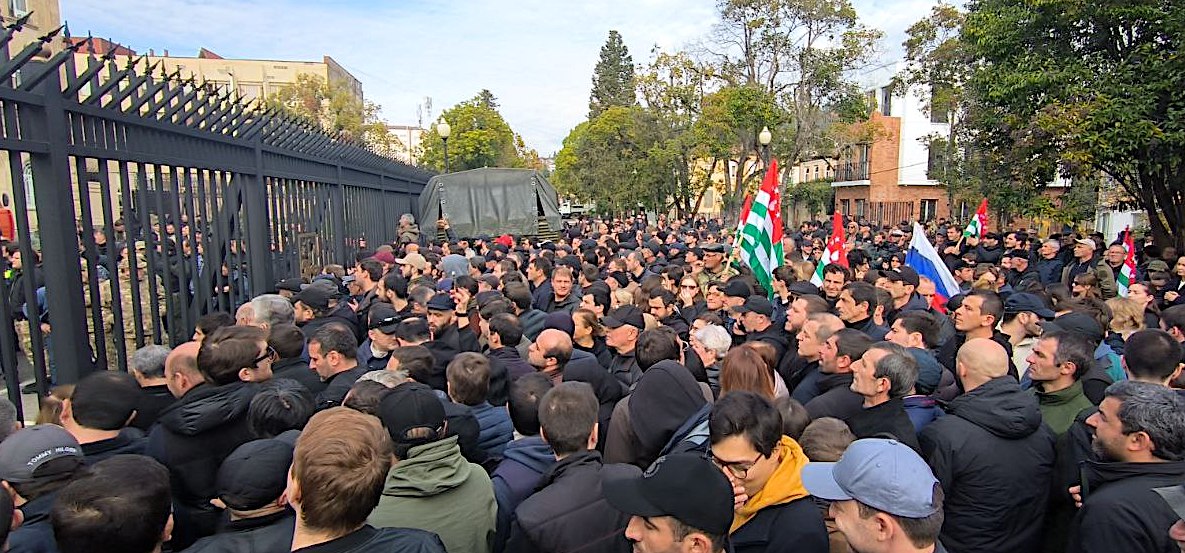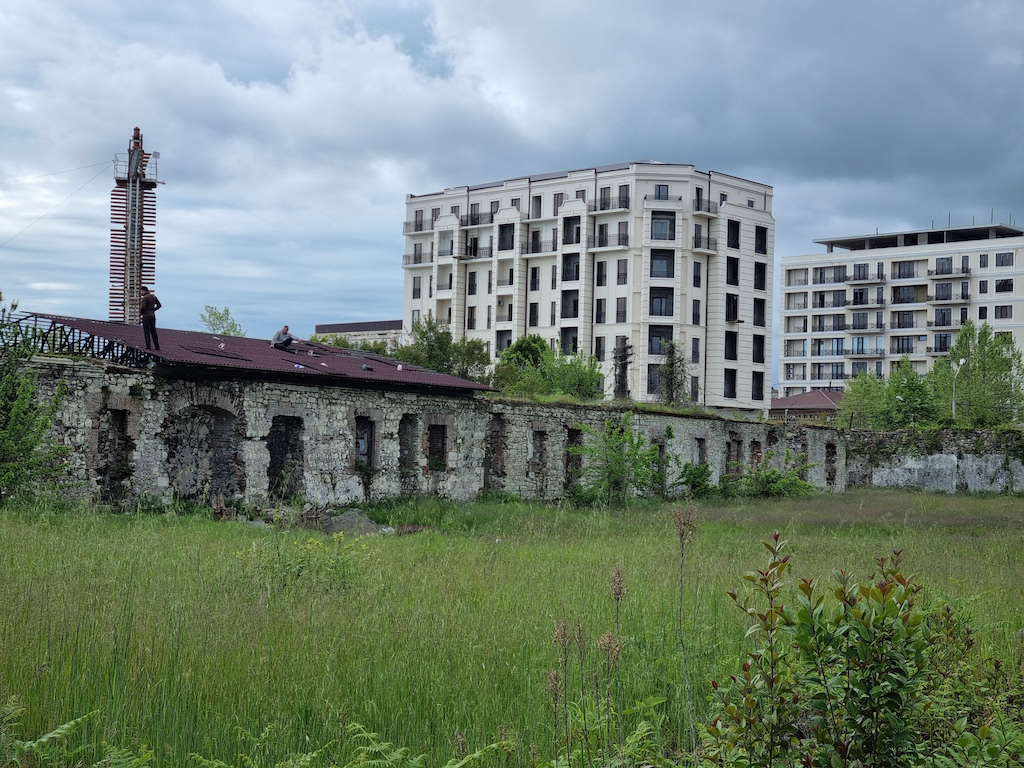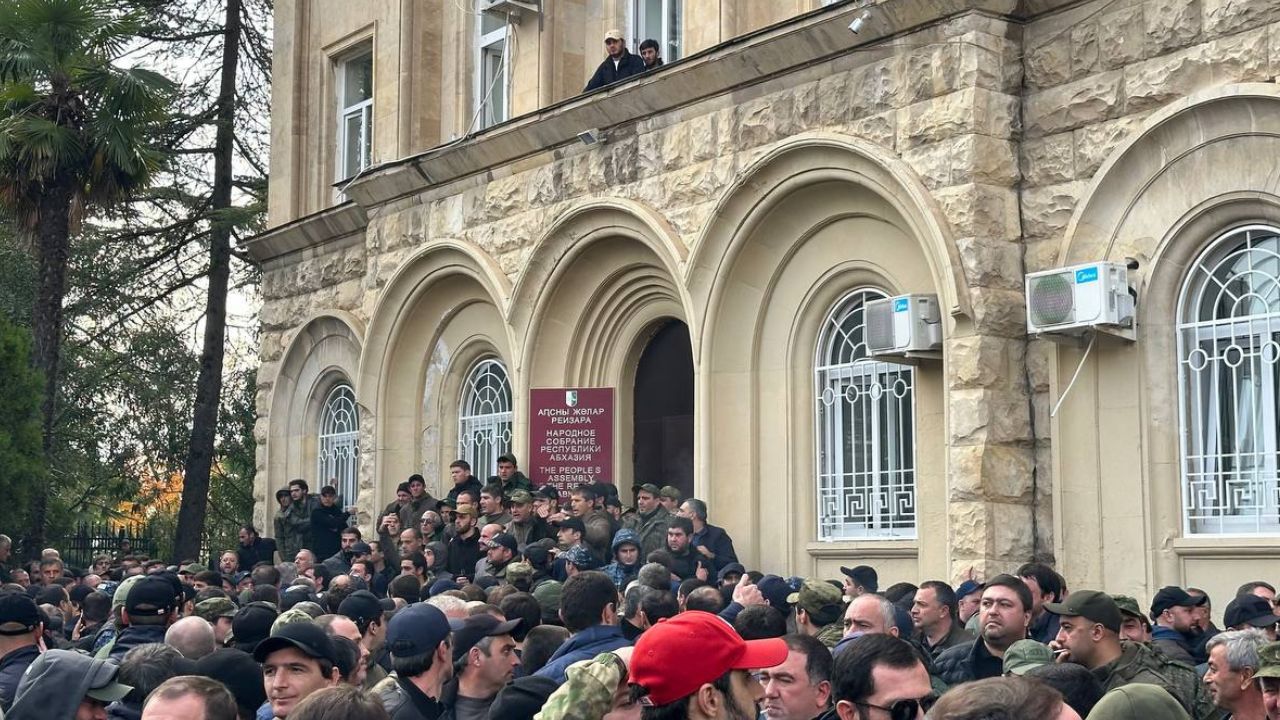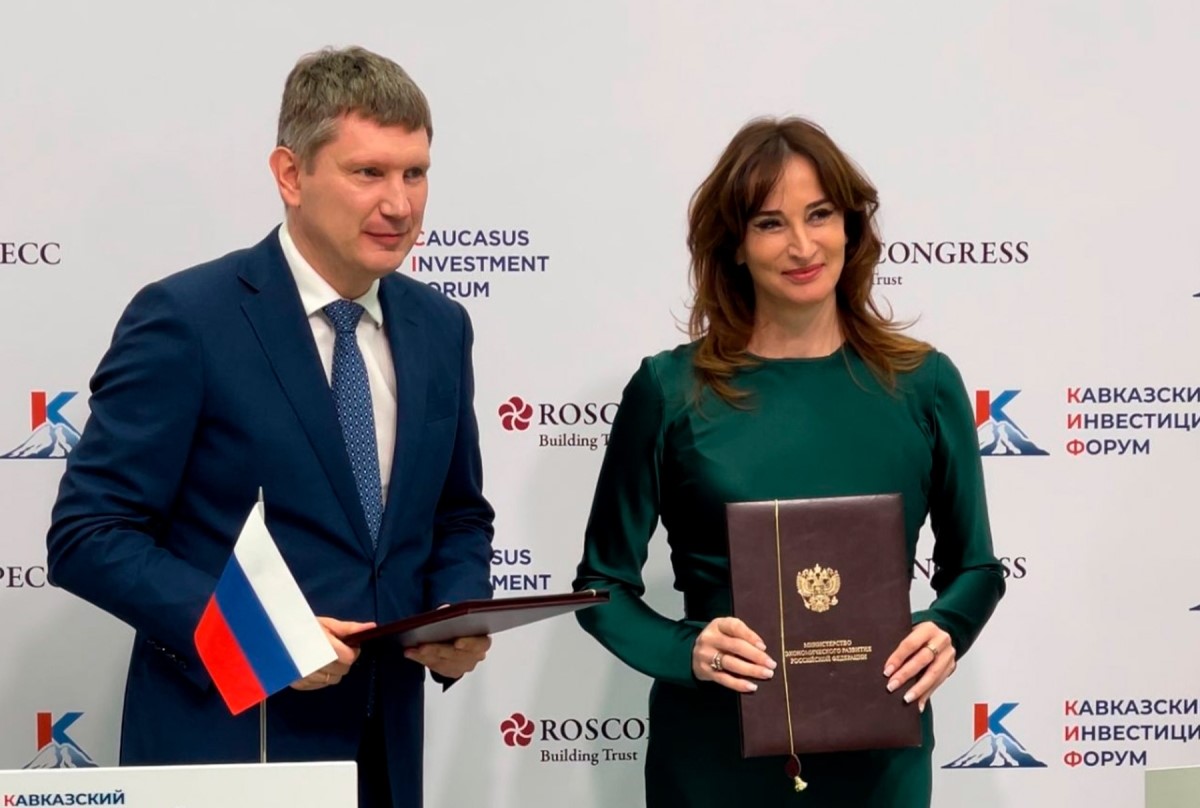Opinion: "Not an anti-Russian act, but response to Bzhania's policies"
Expert discusses Abkhaz – Russian agreement
On December 3, the Abkhazian parliament voted against ratifying the controversial Russian-Abkhazian investment agreement, which had led to the resignation of the republic’s president, Aslan Bzhania.
However, according to Leuan Lagulaa, editor-in-chief of the leading Abkhazian media outlet APSNYKHABAR, the parliament’s decision is not an anti-Russian act but a response to Bzhania’s policies.
The investment agreement with Russia, promoted by Aslan Bzhania, faced strong opposition from the local public and political opposition in Abkhazia, as it granted unprecedented and unjustified benefits to the Russian side.
Many believed that such terms would effectively destroy Abkhazian businesses and even threaten the republic’s sovereignty itself.
Despite the backlash, Abkhazia’s Minister of Economy, Kristina Ozgan, signed the agreement with her Russian counterpart, and the document was sent to parliament for ratification. This sparked mass protests, which escalated into what was effectively a coup, leading to Aslan Bzhania’s resignation on November 19.
Early presidential elections in Abkhazia are scheduled for February 15, 2025.
Comment by Leuan Lagulaa
“The parliament’s decision not to ratify the investment agreement promoted and signed by the government of former President Aslan Bzhania is not an anti-Russian act, as some might try to portray it, nor is it a response to the Russian Federation. It is a response to Aslan Bzhania’s policies.
This decision by parliament can be seen as the end of the chapter on the former president’s rule and as a vote of no confidence in his government.”
It is important to understand that Abkhazia is grappling with a problem deeply rooted in its super-presidential system, which lacks mechanisms for effective oversight of the head of state’s actions. It was this system that forced the country to endure the painful process of Bzhania’s resignation to prevent further threats to Abkhazia’s sovereignty and independence.
Today is a day of the will of the Abkhaz people—a day when their interests took precedence over personal ambitions. However, the challenges are far from over. As MP Daut Khutaba aptly noted, the next president will need to “work diplomatic miracles” and demonstrate strong character, as Aslan Bzhania and his team have left behind a heavy legacy.
The idea of holding an extraordinary parliamentary session to discuss the ratification of the agreement came from the opposition. Twenty-four out of 35 deputies participated in the session, and the decision not to ratify the agreement was passed by a majority vote.
Opposition MP Kan Kvarchia also proposed a vote of no confidence in the official responsible for the agreement—Minister of Economy Kristina Ozgan. The MP believes that the political crisis in the republic is the result of Ozgan’s failed performance.
Although a vote on this issue did not take place, opposition representatives met with Acting President Badr Gunba after the session, demanding the removal of officials from the government who openly support former President Aslan Bzhania. This includes Kristina Ozgan.






















